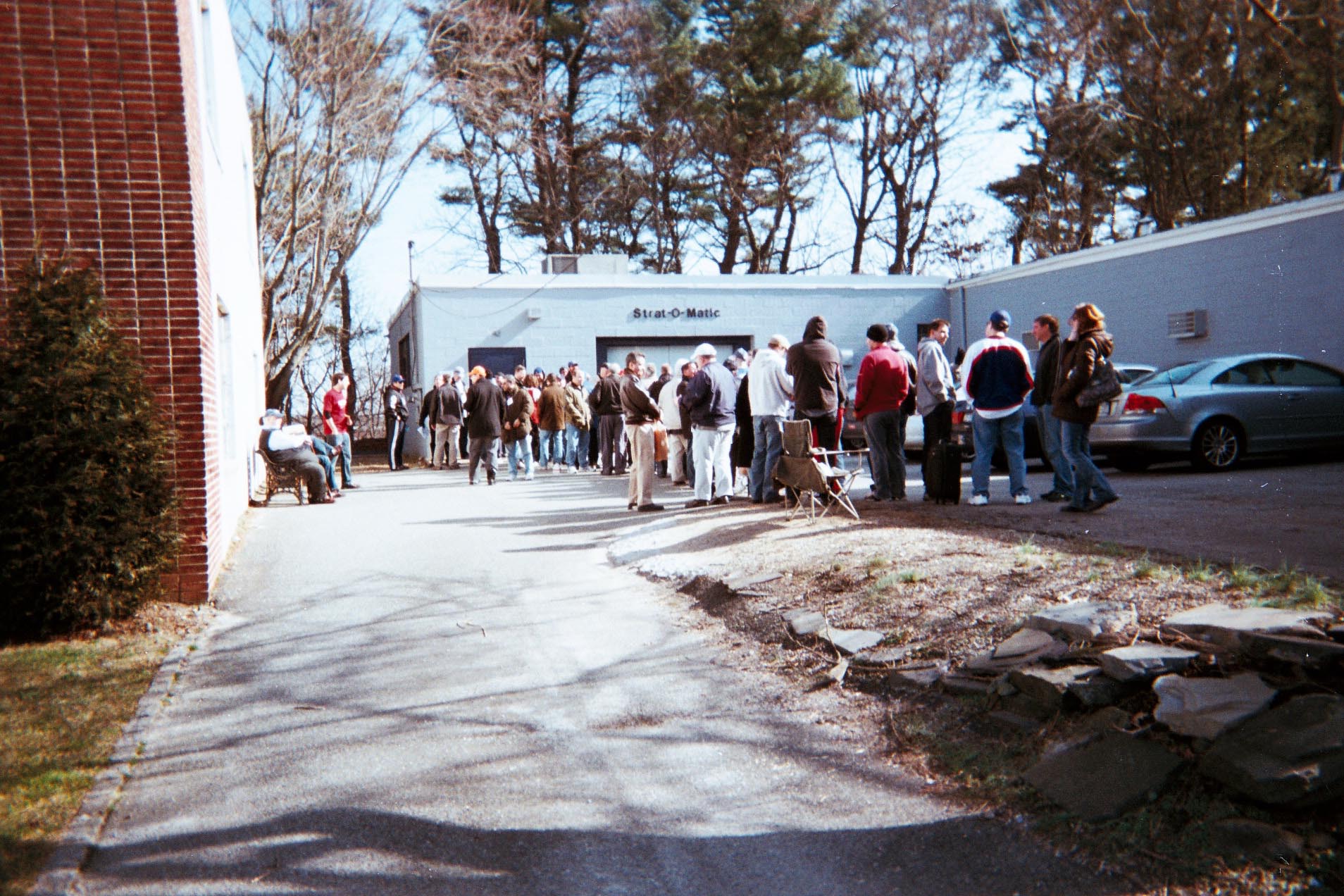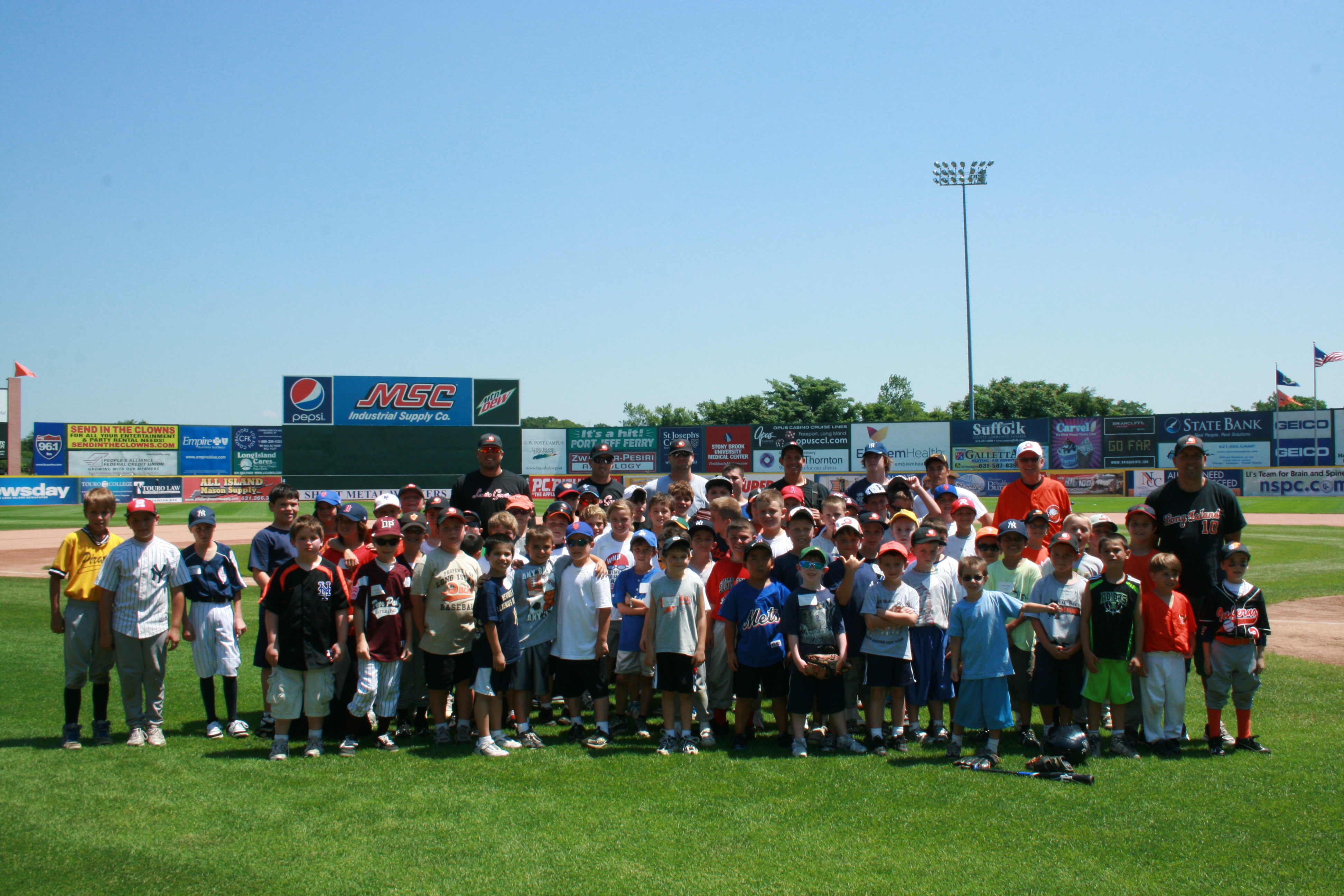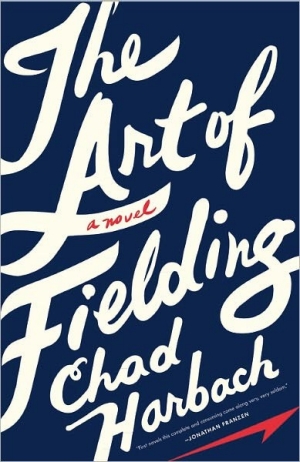
Curtis Granderson slugged a career-high 30 homers in '09, but his average slipped to a full-season low of .249 (Nam Y. Huh/AP).
Life doesn’t get much better for Yankees fans. The Bombers won the 2009 World Series, then made one of the first big splashes of the offseason by acquiring Curtis Granderson, an All-Star center fielder, in a blockbuster three-way deal.
It was a decisive opening salvo, a smart move that better positions the Yanks on the field and at the negotiating table. But works remains. Granderson, widely celebrated for his solid play and insightful analysis in the television studio, is best suited as a platoon player.
A lefty hitter who can’t hit southpaws, Granderson should be platooned with the switch-hitting Melky Cabrera, whose deficiencies would be better concealed as the right-handed-hitting half of a split. In addition to his troubles with lefties, Granderson has seen a precipitous decline in overall production since his career year in 2007. His OPS has dropped from .913 in ’07, to .859 in ’08 and .780 in ’09. And despite above-average speed, his defense has been shoddy, slipping to a 1.6 UZR in ’09.
How the Yankees intend to use Granderson remains unclear. But even if he’s named their everyday center fielder, the left-field situation is far from settled. Cabrera and Brett Gardner are not everyday players, and though they could platoon in left in 2010 as they did in center in ’09, it’d be a less than optimal situation. Conveniently enough, a handful of capable left fielders are on the free-agent market, most notably Matt Holliday, Jason Bay and Johnny Damon, a familiar face.
The acquisition of Granderson at least affords the Yankees the palpable threat of fielding a Gardner/Cabrera-Granderson-Nick Swisher outfield, conceivably giving them added leverage in contract talks with one of the aforementioned left fielders. Holliday and Bay, in particular, won’t easily be strong-armed into settling for anything less than top dollar, but Damon’s reputed desire to return to the Bronx will be put to the test. His laughable demands of a four-year pact earlier this offseason were a joke to begin with, but it appears increasingly unlikely he’ll sign for more than two years with any team. Instead, Damon will probably get a two-year deal comparable to the one Bobby Abreu signed with the Angels ($20 million). With the market for left fielders relatively deep, it’s possible he might only see offers of one year with an option for 2011, but his agent, Scott Boras, should be able to find him a two-year deal somewhere.
All told, though, it makes sense for the Yanks and Damon to come to an agreement. Signing either Holliday or Bay would cost the Yankees big bucks (in salary and luxury tax), a coveted Draft pick and additional scrutiny from those who whine about the Bombers buying World Series titles. Damon’s defense (and the outfield’s, in general) was atrocious, to be kind, in 2009, but the Yankees’ relentless offense and solid pitching more than compensated for it.
The final domino to fall in this sequence may be the DH spot. Uber-prospect Jesus Montero is, by most accounts, still a year away, leaving the Yankees to sift through a relatively underwhelming pool of free agents and non-entity in-house options. Hideki Matsui may be the leading candidate at the moment, but it’s doubtful the Bombers would offer him any more than a one-year deal, which may not be enough. Plus, his risk of injury is pretty high, and he can’t play a position, meaning he’ll have to sit when Damon and Jorge Posada need a breather.






